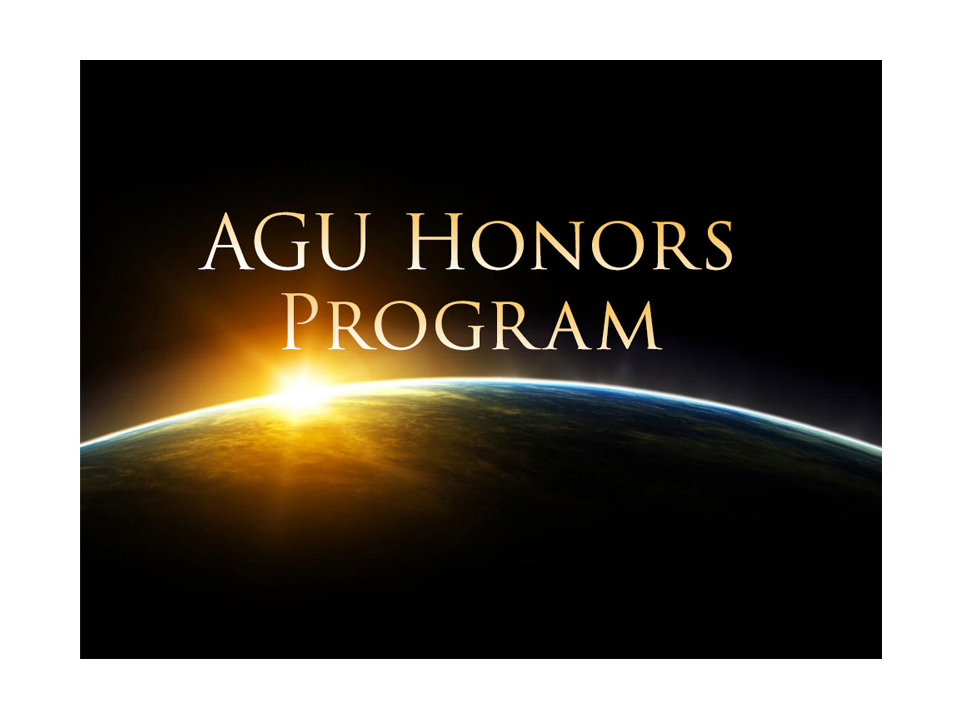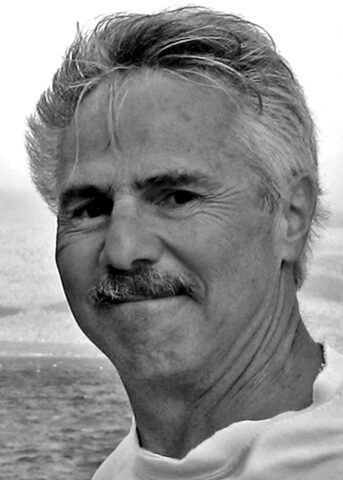Citation
Anyone familiar with Daniel J. Fornari will attest to his energy, creativity, and dedication to advancing the field of marine geology. His tireless and unselfish commitment to leading and facilitating deep-sea research and the development of instrumentation for the oceanographic community makes him an ideal recipient of the Edward A. Flinn III Award. Dan is one of a rare breed of geoscientists who is capable of successfully managing people, mentoring young scientists, implementing development of new tools, facilitating expeditions, interpreting data, and generating significant and thought-provoking publications. He is energetic, imaginative, organized, and exceedingly generous in providing his time and expertise to advance oceanographic research and technology development.
Without a doubt, Dan’s leadership and contributions to the ocean sciences community over the past 40 years have been exceptional. Few researchers have freely given as much time and effort for the betterment of our field. He has been a driving force behind many successful and important collaborative field programs that led to groundbreaking results in understanding seafloor volcanic and hydrothermal processes. Dan has led many of these programs and acted as a facilitator for numerous others, especially helping inexperienced and young investigators be successful with their research. Dan has a unique and highly valuable combination of skills, energy, and dedication that makes it possible for others to succeed.
Some of Dan’s greatest contributions have come through leadership roles he played as a chair of the Ridge 2000 Program, as director of the Ocean Exploration Institute at the Woods Hole Oceanographic Institution (WHOI), and as the chief scientist for Deep Submergence at WHOI. The innovations he has fostered have profoundly improved the investigative capabilities of all scientists who have used University-National Oceanographic Laboratory System (UNOLS) deep submergence assets in the National Deep Submergence Facility. Much of the progress that our community has made over the past 2 decades would not have been possible without Dan’s determination and efforts.
In summary, I know of few other geoscientists who have been as capable and willing to help others accomplish their research as Dan. He has exemplified a spirit of leadership and cooperation in his scientific career through fostering scientific inquiry into important problems, development of instrumentation, tireless advocacy for advancing deep submergence technology, and his mentorship of young investigators. He epitomizes the AGU motto of “unselfish cooperation in research,” making him a superb recipient of this award.
—Michael R. Perfit, University of Florida, Gainesville
Response
I am humbled to accept this prestigious honor. My sincere thanks to AGU, and to Mike Perfit, Susan Humphris, Mark Kurz, and Ken Macdonald for our scientific partnerships over the past 30-plus years, their generous citation, and nominations for the 2014 Edward A. Flinn III award.
When I began my career in 1970, on the maiden voyage of Scripps Institution of Oceanography (SIO’s) R/V Melville, I quickly realized that successful oceanographic research requires selfless cooperation and numerous and varied collaborations. The dedication and experience of ship captains and crews permit us to spend long periods at sea collecting vital data. The expertise of engineering and technical personnel at operating institutions leads to development of innovative vehicles and sensors that help resolve and record oceanographic processes. Close intellectual connections between peers and students, which often reach across disciplinary boundaries, answer research questions and instigate new lines of inquiry.
It truly takes a community to carry out successful oceanographic research. This award helps to commemorate the dedication and significant progress made by the oceanographic community that accepted me as a young student 44 years ago, and that I have helped to guide over the past three decades.
The study of a vast array of oceanographic problems and a greater understanding of the Earth-ocean system, holistically, can significantly contribute to better stewardship of our planet. This requires an elevated national priority for funding basic research and nurturing scientific education and public outreach. Of equal importance is continued support of technical innovation to study the oceans.
It has been my privilege to work with mentors and program managers who believed not only in these ideals but [in] my contributions toward those goals. I’ve been blessed with colleagues who shared their love of and dedication to exploring and studying volcanic and hydrothermal processes throughout the global ocean, and students who contributed to my career by stimulating new ideas or approaches to solving problems.
I could not have accomplished all I have without the loving support and patience of my family. My wife, CL, has been my guiding light and love for 45 years. My sons, Sasha and Simon, supported my work, tolerated my absences, and thought their dad was both weird and cool because he got to dive in Alvin and play with deep-diving robots. I thank my parents and my brother Jim for their love and support, always. My colleagues have my deepest gratitude for their trust and collaboration, and my hope that their research continues to push at the frontiers of ocean science knowledge.
—Daniel J. Fornari, Woods Hole Oceanographic Institution, Woods Hole, Mass.
Citation: AGU (2015), Daniel J. Fornari receives 2014 Edward A. Flinn III Award, Eos, 96, doi:10.1029/2015EO022939. Published on 30 January 2015.
Text © 2015. The authors. CC BY-NC 3.0
Except where otherwise noted, images are subject to copyright. Any reuse without express permission from the copyright owner is prohibited.


